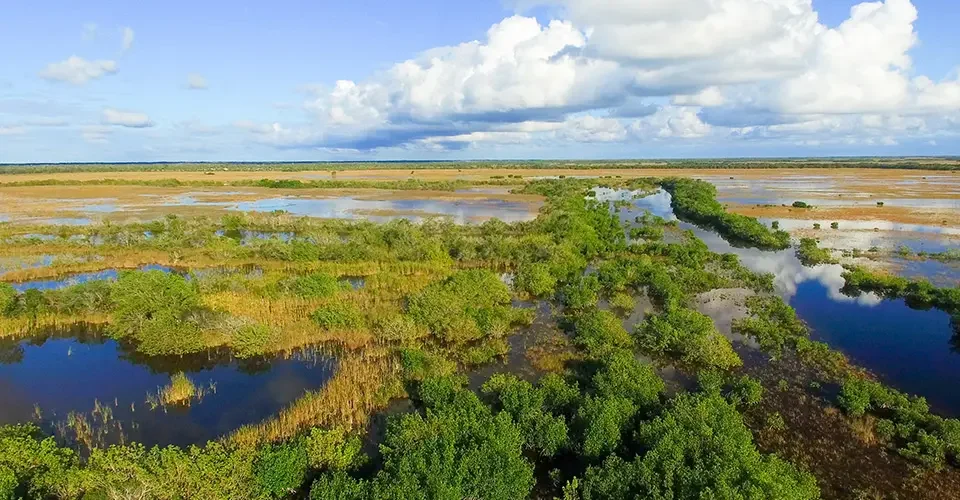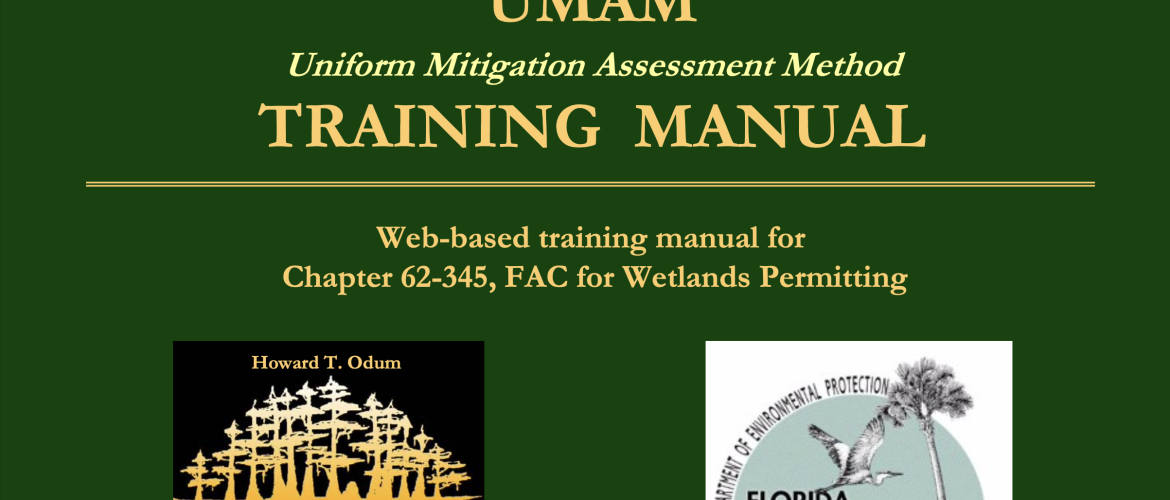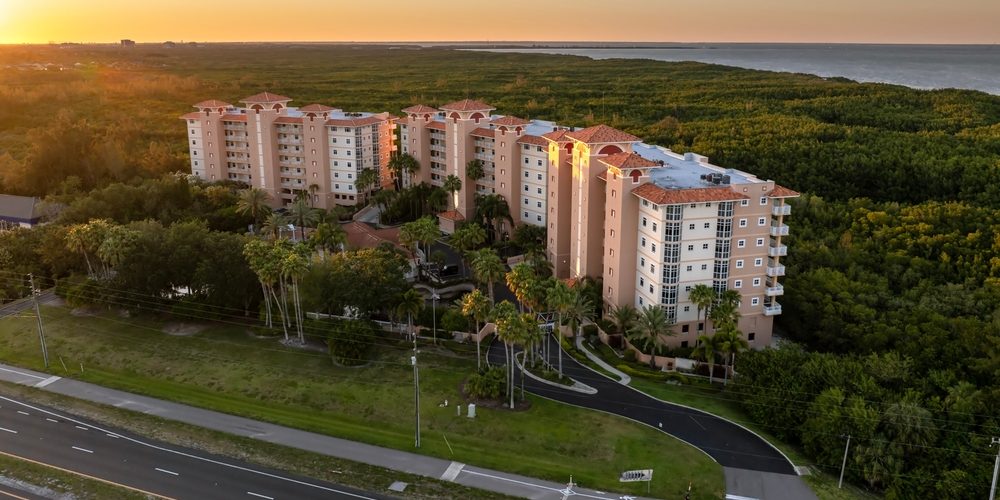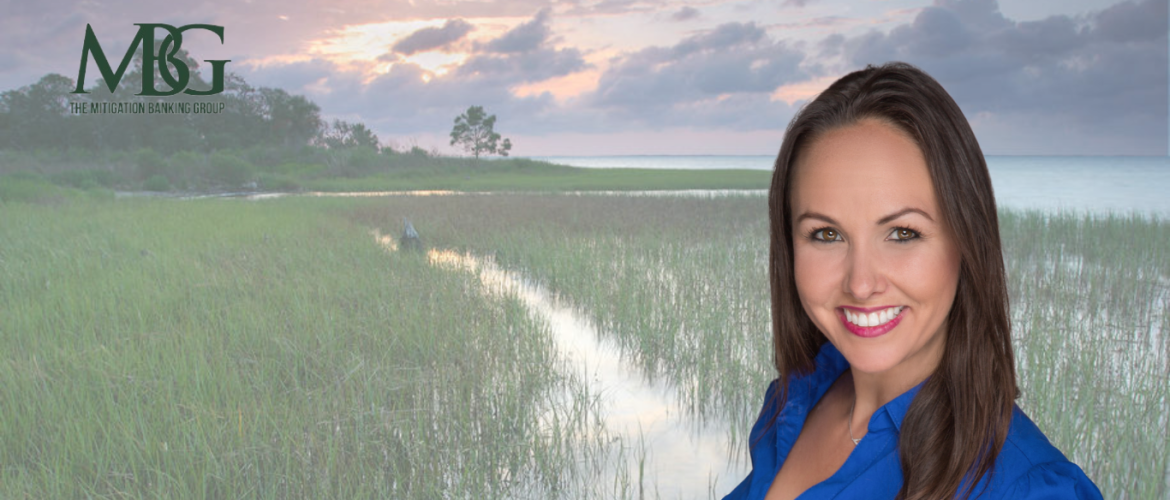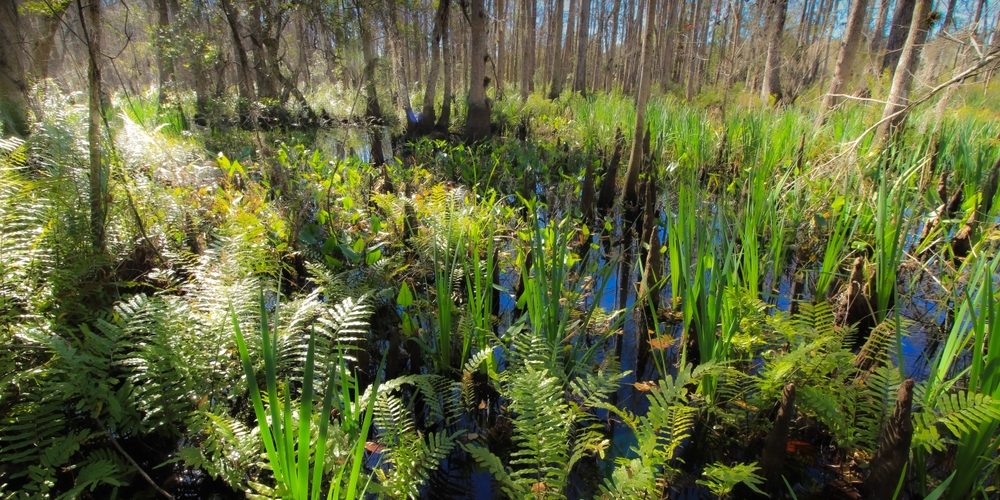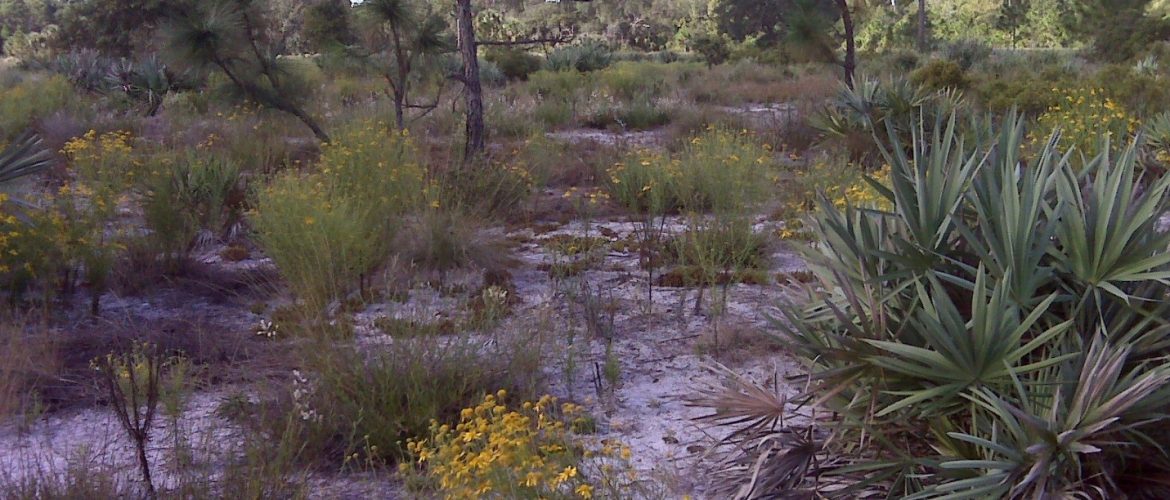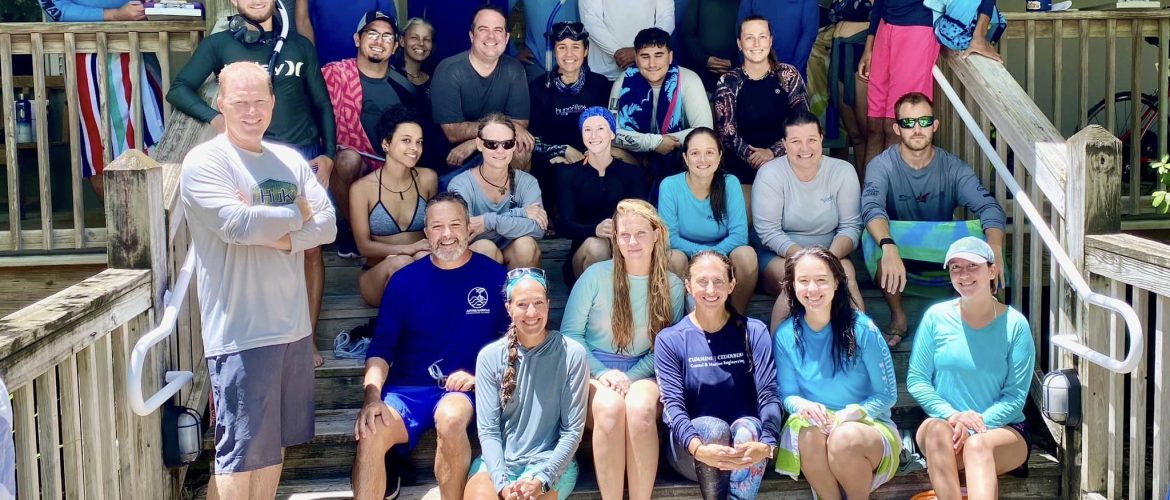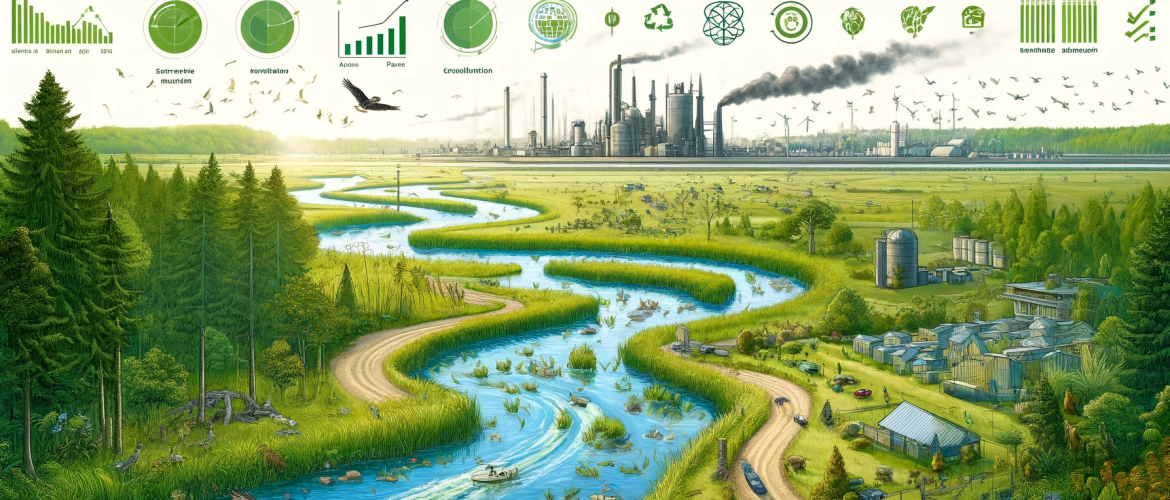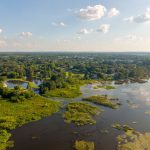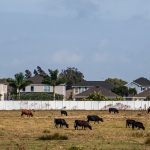Florida Section 404 Permitting Challenge Moves to Appeals Court: Implications for Wetland Projects and Mitigation Banking At The Mitigation Banking Group, we closely follow legal and regulatory developments that impact wetland permitting in Florida. One of the most significant changes in recent years—the transfer of Section 404 permitting authority from the U.S. Army Corps of Engineers to the State of Florida—is now under serious legal review. A federal appeals court is scheduled to hear arguments this May in a case that
How Florida’s UMAM Assessment Streamlines Mitigation Banking and Credit Sales At The Mitigation Banking Group, we specialize in helping landowners and developers navigate Florida’s complex wetland mitigation process. A critical tool in this process is the Uniform Mitigation Assessment Method (UMAM) — the state’s standardized approach to evaluating wetland impacts and calculating mitigation needs. UMAM provides a consistent scoring system that assesses wetland function loss from development and determines the number of mitigation credits required to offset those impacts. This ensures that every project complies with Florida’s “no-net-loss
Clearing the Confusion: Common Misconceptions About Building on a Wetland As the CEO of The Mitigation Banking Group, Inc., I frequently speak with landowners, developers, and consultants who have questions about building on a wetland. With over 25 Mitigation Banks and Conservation Banks across the state of Florida, we work closely with regulatory agencies and clients to ensure projects are both environmentally responsible and fully compliant. Let’s clear up a few common misconceptions about building on a wetland and provide the facts
Evaluating Your Property for a Wetland Mitigation Bank If you’re a landowner wondering whether your property could qualify as a wetland mitigation bank, there are several important factors to consider. A qualified mitigation banking specialist will evaluate your land using historical and current aerial imagery to determine its restoration potential. While every site is unique, the most critical factors include: Size – Is the property large enough to support meaningful ecological restoration? Location – Does it fall within a watershed where mitigation credits
Executive Order to Speed Up Environmental Permitting: What It Means for Mitigation Banking On January 20, 2025, President Trump signed Executive Order 14154, titled Unleashing American Energy, which extends beyond energy projects to significantly reshape how federal agencies approve projects impacting the environment. This Executive Order directs agencies to roll back National Environmental Policy Act (NEPA) regulations and streamline permitting processes, aiming to reduce delays and expedite approvals. With environmental regulations directly influencing wetland mitigation banking, it’s crucial to understand how
Understanding the Wetland Mitigation Process Wetlands are vital ecosystems that maintain ecological balance, support biodiversity, and protect against flooding. However, development projects such as housing, transportation, and infrastructure expansions can disrupt or destroy these critical areas. To address these challenges, the wetland mitigation process has emerged as a crucial framework to offset environmental impacts while enabling sustainable development. Key Players in the Wetland Mitigation Process The success of the wetland mitigation process depends on the collaborative efforts of three key stakeholders: 1.
Wetland Mitigation Bank Credit Potential: A Path to Sustainable Land Restoration and Profit When considering a property’s suitability for a wetland mitigation bank, size and location are critical factors. Many landowners frequently ask whether their property qualifies for the establishment of a mitigation bank, and while there is no one-size-fits-all answer, understanding the factors involved can help determine if your land holds potential. Property Size and Credit Potential A common question is whether smaller parcels, such as a 160-acre property in Central Florida, are
Florida Seagrasses: What You Need to Know from the TCC FAEP Workshop Hi everyone, First, I’d like to give a huge shout-out to the TCC FAEP Board of Directors for organizing their recent Seagrass Workshop. It’s initiatives like these that help keep our community informed and equipped with the latest techniques and best practices for environmental work in Florida. Whether you’re deep into the world of mitigation banking or just beginning to explore environmental efforts, understanding Florida seagrasses and their
Explore the benefits of the new USACE Regulatory Request System (RRS) for faster and more efficient environmental permit applications. Learn how it impacts the mitigation banking industry.
Environmental Mitigation Delivered – Banking Dominates According to USACE Data (National Environmental Banking Association) Mitigation Bank Credits continue to answer most of the nation’s most pressing environmental challenges – with real environmental restoration – with no temporal loss. Mitigation bank credits were the mitigation solution 92% of the time from 2015 to 2024 when compared to ILF program withdrawn (released/earned) credits according to U.S. Army Corps data. This new data demonstrates that successful, proven mitigation banks are relied upon to offset unavoidable

